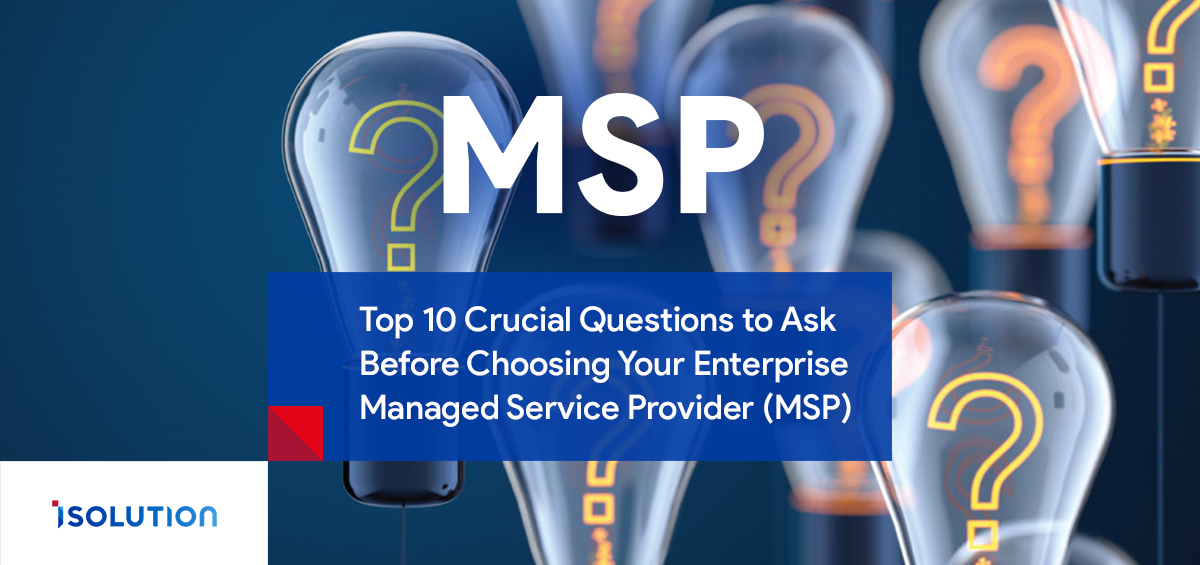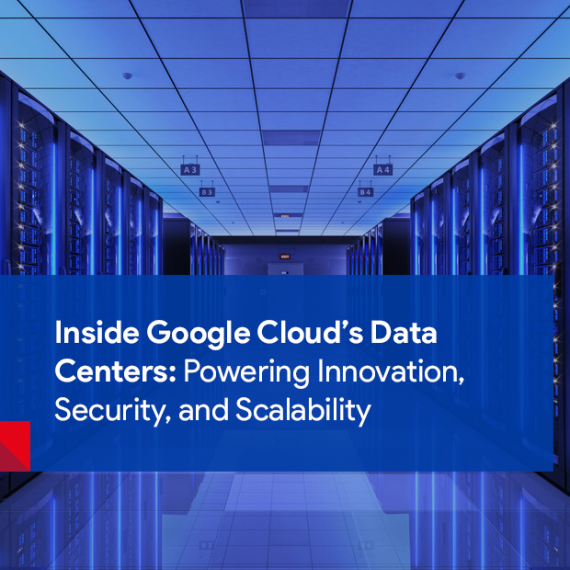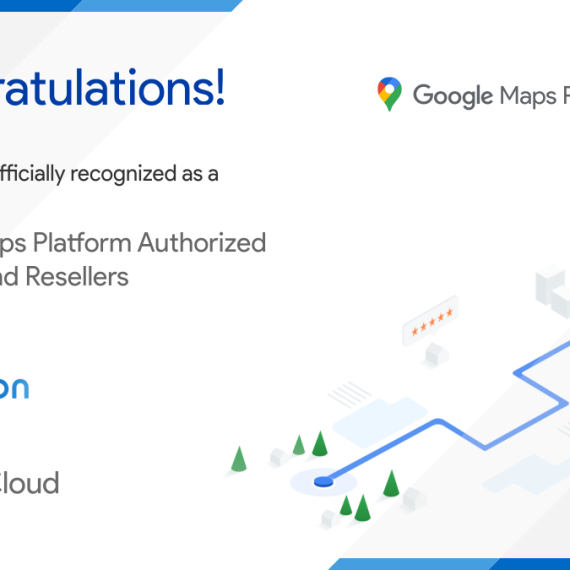Choosing the right Managed Service Provider (MSP) is like picking a partner for your enterprise’s technology journey. As we rely more on digital solutions, the right MSP can be a game-changer. It’s projected that the global managed services market will jump to $329.1 billion by 2025. This growth highlights the critical role MSPs play in today’s business landscape.
In this article, we will discuss the most essential questions you have to focus on When Selecting An Enterprise Managed Service Provider (MSP):
1. What’s Your Experience in Our Field?
Not all MSPs understand your unique business needs. Finding one who knows the ins and outs of your industry can make a big difference. Did you know 77% of businesses prioritize industry experience when choosing an MSP? That’s because expertise can significantly impact the quality and relevance of the services provided.
2. How Do You Tackle Security and Follow Laws?
Security breaches can be a nightmare. Choosing an MSP that’s on top of security trends and regulations is crucial. Consider this: businesses spent over $1 trillion on cybersecurity from 2017 to 2021. Make sure your MSP takes this as seriously as you do.
3. Can You Grow With Us?
Your MSP should be able to scale its services as your business grows. An estimated 85% of enterprises view scalability as a key factor in choosing their MSP, highlighting the importance of having a provider that can adapt to changing needs.
4. What’s Your Plan for Downtime and Recovery?
Every minute of downtime can cost a fortune. Gartner estimates it at $5,600 per minute, on average. Ask about the MSP’s track record and their plan to get things back up and running if something goes wrong.
5. Is Your Pricing Clear?
No one likes surprise bills. A transparent pricing structure is essential, as unexpected costs worry 73% of companies working with MSPs. Ensure you understand what you’re paying for.
6. What Support and Monitoring Do You Offer?
In a world that never sleeps, having 24/7 support can be vital. An impressive 92% of enterprises expect their MSP to provide round-the-clock monitoring, ensuring peace of mind that someone is always watching over your IT infrastructure.
7. How Will You Drive Our Innovation?
Staying ahead in the digital race means constantly innovating. About 64% of enterprises count on their MSP for strategic planning that fosters innovation, making it clear that an MSP should help, not hinder, your growth.
8. Can You Show Us Success Stories?
Real-world examples of an MSP’s success can offer valuable insights. With 89% of businesses requesting case studies or references, it’s a common and reasonable request to ensure their capabilities.
9. What Do Your Service Level Agreements (SLAs) Look Like?
SLAs define what you can expect from your MSP. They’re so crucial that detailed SLAs lead to a 95% satisfaction rate among MSP clients. Make sure their SLAs match your expectations.
10. How Do You Handle Data Privacy?
With potential GDPR fines reaching up to €20 million or 4% of annual turnover, compliance isn’t just important; it’s essential. Ensuring your MSP respects data privacy and complies with laws like GDPR is non-negotiable.
In conclusion, Choosing the right MSP involves asking the right questions. It’s about finding a partner that’s not just capable but also a perfect fit for your enterprise’s present and future needs. With the digital landscape evolving rapidly, making a well-informed decision will set your enterprise up for success.
Moreover, a Managed Service Provider collaborating with Google Cloud offers comprehensive support and expertise in leveraging Google Cloud’s suite of services for businesses seeking scalable and efficient cloud solutions. These MSPs manage cloud infrastructure, provide ongoing optimization, and offer strategic guidance to streamline operations, enhance security, and maximize cost-efficiency. Through tailored solutions and proactive monitoring, MSPs ensure seamless integration, reliable performance, and continuous innovation, empowering organizations to focus on their core objectives while leveraging the full potential of Google Cloud’s resources.







Leave a Comment